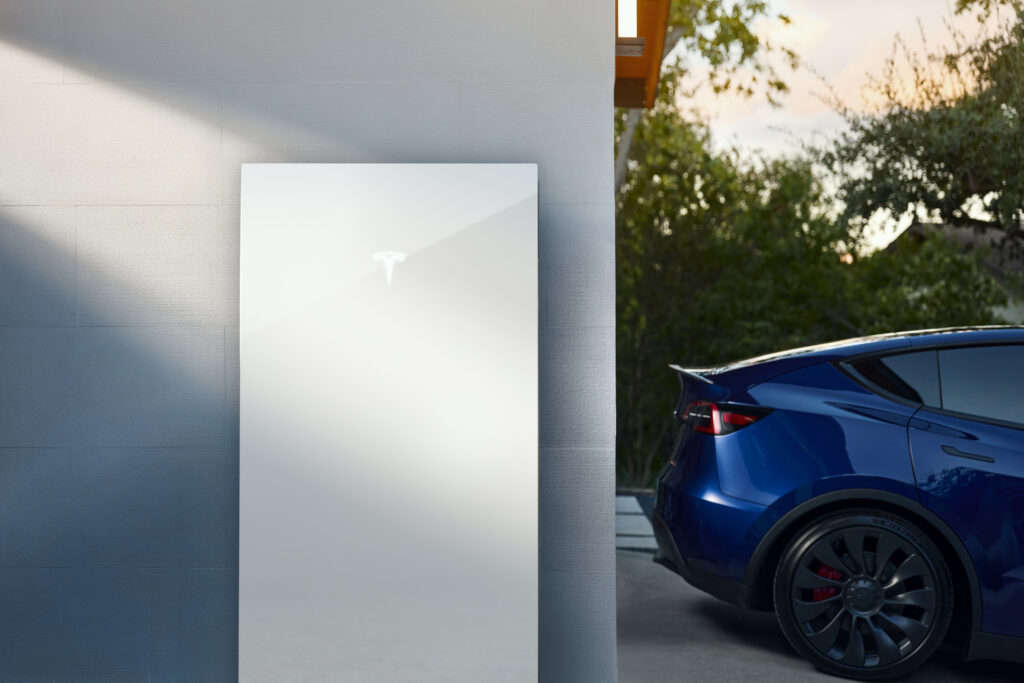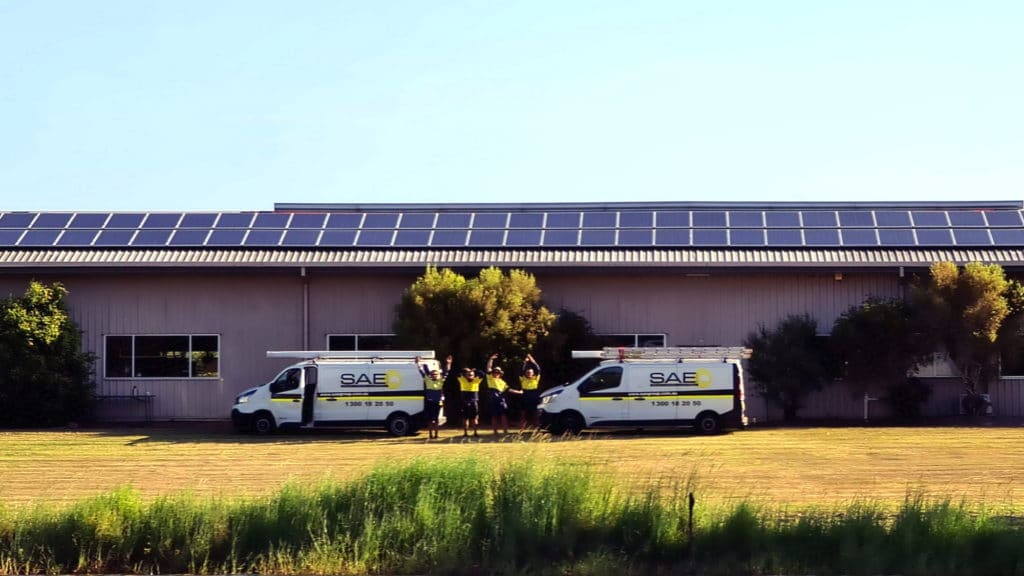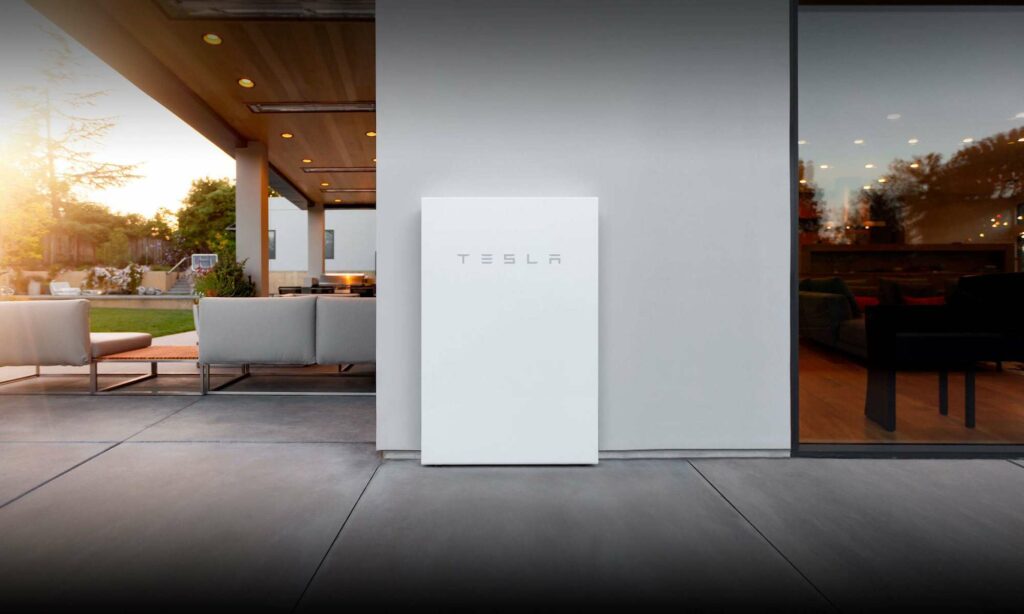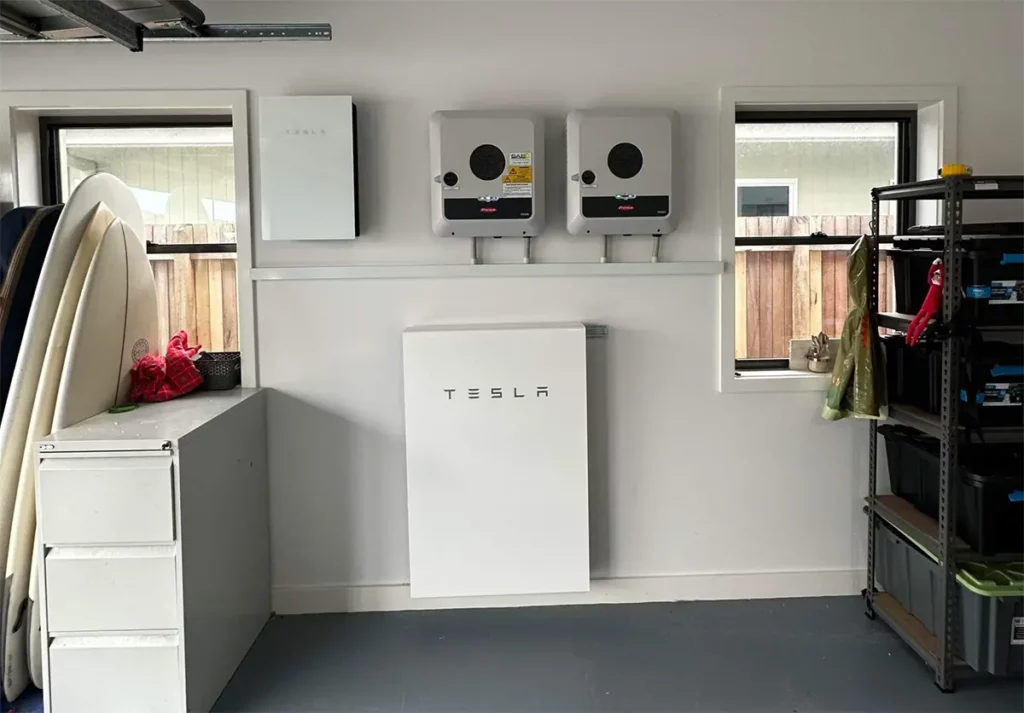Solar Panels and Wildlife: Coexisting with Nature
Home » Solar Panels and Wildlife: Coexisting with Nature
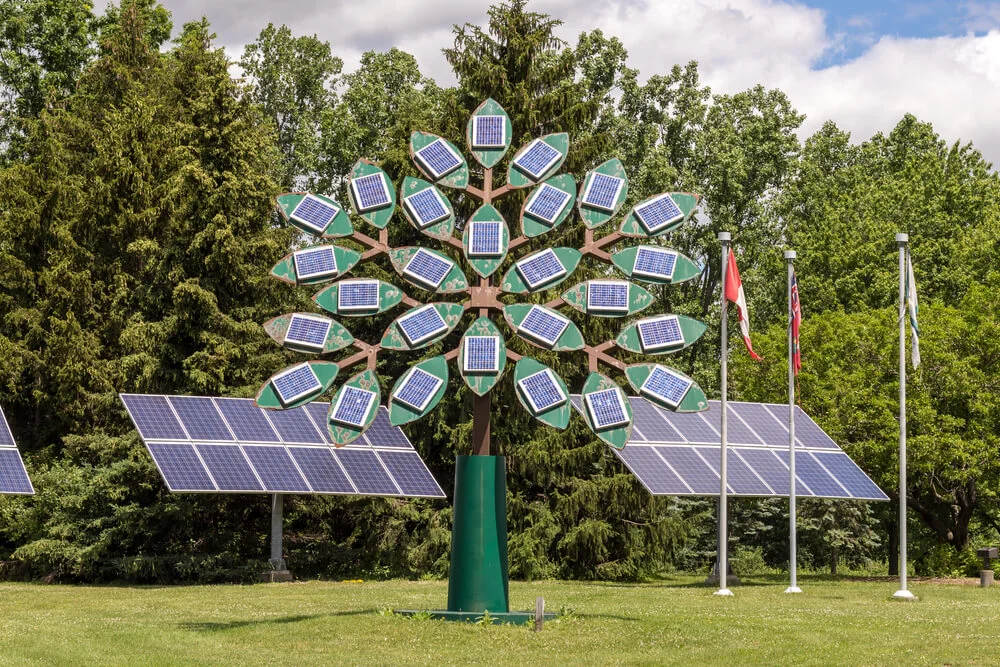
The integration of solar energy into our daily lives offers a promise of sustainability, but it’s vital to consider its interaction with local wildlife and natural habitats. Understanding how solar panel installations can coexist with nature is key to a truly sustainable future.
Minimising Impact on Ecosystems
Solar energy solutions are designed with environmental compatibility in mind. When installing solar panels, especially large arrays or nature power solar panel kits of 40w and above, careful planning is essential to minimise the ecological footprint.
Site Selection
Choosing the right location for solar energy systems plays a pivotal role in balancing energy production with environmental conservation. When considering site selection for solar installations, especially for larger solar panel kits, it is vital to prioritise areas that have already been altered or used by humans, such as industrial zones, rooftops, or agricultural lands. This strategy helps in preserving undisturbed natural habitats and biodiversity. Additionally, careful assessment of the local ecosystem is undertaken to ensure minimal disruption to existing wildlife. By installing solar farms in these pre-disturbed locations, we can effectively reduce the encroachment on untouched natural areas, thus maintaining ecological balance.
Low-Profile Designs
The concept of low-profile designs, particularly solar panel tree structures, is a creative and eco-friendly approach to solar panel installation. These designs not only blend seamlessly with the natural environment but also add aesthetic value to the landscape. Mimicking the shape of trees, these solar panels can be integrated into parks, urban spaces, and even natural settings without significantly altering the appearance or function of the space. Moreover, these structures can provide additional benefits such as habitat for birds or shade for pedestrians, effectively merging functionality with environmental stewardship. Such innovative designs are a testament to the evolving nature of solar technology, aiming to respect and complement the natural world.
The concept of low-profile designs, such as solar panel tree structures, marries functionality with environmental stewardship, seamlessly integrating into natural and urban landscapes. These innovative designs debunk the myth that solar technology, especially custom designs, is prohibitively expensive by demonstrating how accessible solar energy can become with available solar financing options. Thus, embracing cutting-edge solar solutions is a financially viable and aesthetically pleasing choice for those looking to contribute to a sustainable future.
Utilising Non-Arable Land for Solar Installations
Another important aspect of minimising ecological impact is the utilisation of non-arable land for solar energy installations. Areas that are not suitable for agriculture or development, such as barren lands or contaminated industrial sites, can be ideal locations for solar panel arrays. This approach not only spares more fertile and ecologically sensitive areas but also repurposes lands that might otherwise remain unused or neglected. By transforming these spaces into productive solar energy sites, we can generate clean power while preserving valuable agricultural and natural landscapes. This strategy exemplifies a smart use of land resources, turning otherwise unusable areas into hubs of renewable energy generation.
Positive Environmental Effects
Solar panels can have unexpected benefits for local fauna and flora:
Micro-Habitats: Solar farms are not just energy generators; they can also serve as micro-habitats for various forms of life. The areas beneath and between solar panels often provide cooler, shaded environments, which can be ideal for certain plant species that thrive in less direct sunlight. This shaded undergrowth can attract and nurture small animals like insects, birds, and rodents, effectively creating a new ecological niche. By fostering these micro-habitats, solar farms contribute to local biodiversity, turning what could be barren land into thriving ecosystems.
Pollinator-Friendly Solar Farms: Innovatively designed solar farms are increasingly becoming sanctuaries for pollinators. By integrating pollinator-friendly plants such as wildflowers and grasses around and underneath solar panels, these installations provide much-needed habitats for bees, butterflies, and other pollinating insects. This approach not only supports dwindling pollinator populations but also enhances local biodiversity. The presence of these pollinators can benefit agricultural areas nearby, as they play a crucial role in the reproduction of many plant species.
Climate Change Mitigation: The role of solar panels in mitigating climate change extends beyond just providing renewable energy. By reducing the need for fossil fuel-based power generation, solar panels contribute to lower carbon emissions, which is vital in the fight against global warming. This reduction in greenhouse gases has far-reaching effects on wildlife and ecosystems, which are often the first to suffer from climate change’s impacts. Healthier ecosystems lead to more resilient animal and plant populations, ensuring a more balanced and sustainable environment.
By incorporating solar energy into business operations, companies not only contribute to environmental preservation but also align themselves with a future where sustainability is a key determinant of business success. This proactive approach to climate change mitigation through renewable energy adoption positions businesses as leaders in ecological responsibility. It reflects a commitment to future-proofing not just their operational model against rising energy costs and regulatory changes but also contributing to a healthier planet. Such sustainability efforts enhance a company’s reputation, making it more attractive to environmentally conscious consumers, investors, and partners and setting a foundation for long-term growth in an increasingly eco-aware market.
We Go Around Nature, Then Above and Beyond for You
Solar panels, when installed thoughtfully, can coexist and even benefit local ecosystems. By choosing environmentally conscious solar energy solutions, we can contribute to a healthier planet for all its inhabitants. As we continue to innovate, the integration of nature and technology, like solar panel trees, will play a pivotal role in sustainable development.
SAE Group is at the forefront of this movement, committed to installing solar panels in a non-intrusive manner that respects and preserves natural habitats. Our approach prioritises eco-friendly practices, ensuring that each installation minimises environmental impact while delivering efficient solar energy. Choose SAE Group for solar solutions that harmonise with nature, demonstrating a deep respect for the environment and a commitment to sustainable progress. Contact us today!


